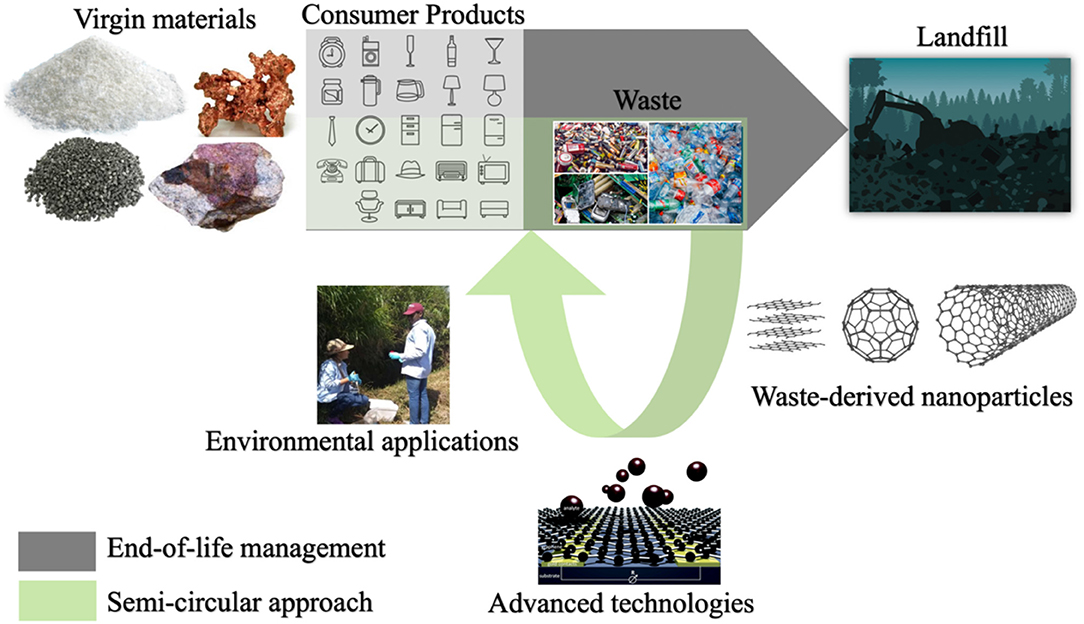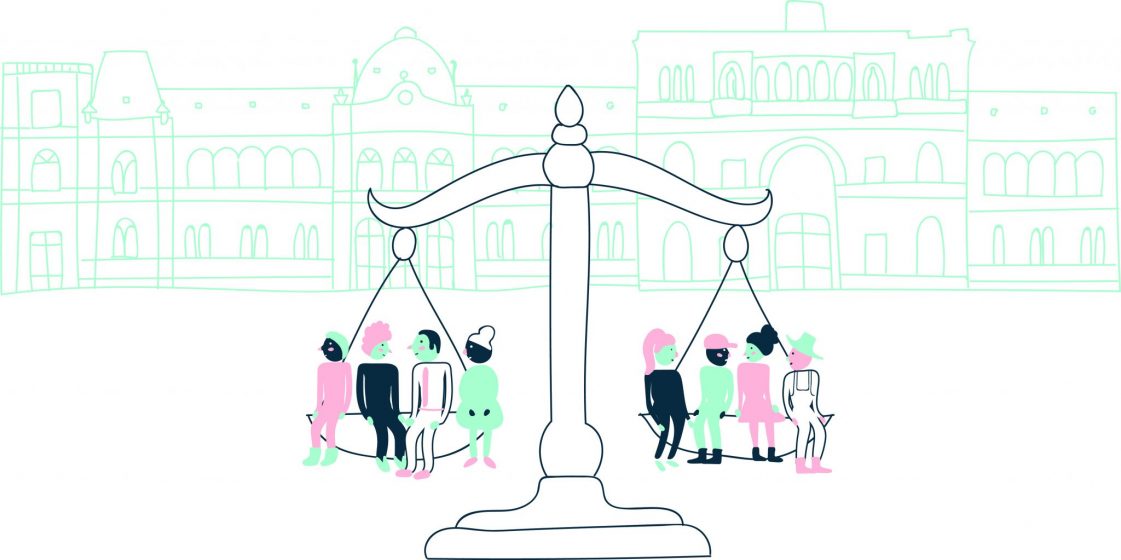
Report on Kentucky House Bill 136 and Its Implications for Sustainable Development
Introduction
In 2024, the Kentucky General Assembly enacted House Bill 136 (HB 136), a legislative measure that has generated considerable discussion concerning its environmental, ethical, and social impacts. This report examines HB 136 with a focus on its alignment with the United Nations Sustainable Development Goals (SDGs), particularly those related to environmental protection, health, and ethical governance.
Overview of House Bill 136
- HB 136 extends the “environmental audit privilege” to the Louisville Air Pollution Control District (APCD), allowing companies that voluntarily disclose and correct environmental violations to avoid civil penalties.
- Previously, this privilege was available in all Kentucky counties except Jefferson County, which includes Louisville and faces significant air pollution challenges.
- The bill was introduced by Representative Jared Bauman (R-Louisville), who is employed by Lubrizol Corporation, a chemical manufacturer regulated by the APCD.
Environmental and Public Health Concerns
- Impact on Air Quality: West Louisville, especially the Rubbertown industrial area, is home to numerous chemical plants and has historically faced environmental justice issues. Residents fear that HB 136 will reduce APCD’s enforcement capabilities, potentially worsening air pollution and health risks.
- Risk of Increased Emissions: The bill may incentivize companies to increase emissions and environmental risks, adversely affecting fence-line communities and surrounding neighborhoods.
- SDG Alignment: These concerns relate directly to SDG 3 (Good Health and Well-being), SDG 6 (Clean Water and Sanitation), and SDG 11 (Sustainable Cities and Communities), which emphasize reducing pollution and protecting vulnerable populations.
Ethical and Governance Issues
- Conflict of Interest: The bill’s sponsor, Rep. Bauman, works for a company regulated by the APCD and did not initially disclose this during legislative hearings, raising ethical questions.
- Legislative Ethics: Although an advisory opinion from the Legislative Ethics Commission found no conflict of interest due to the bill’s broad application, critics argue that even the appearance of conflict undermines public trust.
- Transparency and Accountability: The situation underscores the importance of transparent policymaking and ethical governance, aligning with SDG 16 (Peace, Justice, and Strong Institutions), which promotes accountable and inclusive institutions.
Policy Implications and Community Impact
- Balance Between Economic Development and Environmental Protection: HB 136 reflects ongoing tensions between promoting industrial growth and safeguarding environmental quality, particularly in vulnerable communities.
- Community Concerns: Residents of West Louisville express apprehension that reduced enforcement may exacerbate environmental injustices, impacting their health and quality of life.
- Need for Equitable Policymaking: The bill highlights the urgency for policies that ensure equitable treatment of all communities, consistent with SDG 10 (Reduced Inequalities).
Recommendations for Sustainable Development
- Strengthen Enforcement Mechanisms: Ensure that environmental regulations are effectively enforced to protect air quality and public health, supporting SDG 3 and SDG 13 (Climate Action).
- Enhance Transparency: Require full disclosure of potential conflicts of interest by policymakers to maintain public trust and uphold SDG 16.
- Engage Communities: Foster inclusive dialogue with affected communities, particularly those in West Louisville, to incorporate their perspectives in environmental governance.
- Promote Environmental Justice: Develop targeted strategies to address pollution burdens on vulnerable populations, advancing SDG 11 and SDG 10.
Conclusion
Kentucky’s HB 136 serves as a critical case study in balancing industrial interests with environmental justice and ethical governance. The bill’s implications for air quality, public health, and policymaker integrity underscore the need for sustainable development approaches that prioritize the well-being of all communities. Aligning legislative actions with the Sustainable Development Goals can guide Kentucky toward a more equitable and environmentally responsible future.
About the Author
Donovan C. Taylor is a West End community native and resident dedicated to improving the area through collaboration with residents, community groups, businesses, and other stakeholders. He holds degrees from Central High School, Florida A&M University (BS, MBA), and the University of Kentucky College of Law (JD).
1. Sustainable Development Goals (SDGs) Addressed or Connected
- SDG 3: Good Health and Well-being
- The article discusses concerns about air pollution and its impact on public health in West Louisville, highlighting risks to community health due to decreased enforcement of pollution controls.
- SDG 6: Clean Water and Sanitation
- While not explicitly mentioned, chemical pollution from industrial areas like Rubbertown can affect water quality, implying relevance to this goal.
- SDG 11: Sustainable Cities and Communities
- The article addresses environmental justice issues in West Louisville, a vulnerable community affected by industrial pollution, relating to making cities inclusive, safe, resilient, and sustainable.
- SDG 12: Responsible Consumption and Production
- The legislation (HB 136) affects industrial compliance and pollution reporting, touching on sustainable management and efficient use of natural resources.
- SDG 13: Climate Action
- The article references concerns about pollution and environmental protection, which relate to combating climate change and its impacts.
- SDG 16: Peace, Justice and Strong Institutions
- Ethical concerns about transparency, conflict of interest, and accountability in policymaking are central themes, connecting to this goal.
2. Specific Targets Under Those SDGs Identified
- SDG 3: Good Health and Well-being
- Target 3.9: Reduce the number of deaths and illnesses from hazardous chemicals and air, water, and soil pollution and contamination.
- SDG 11: Sustainable Cities and Communities
- Target 11.6: Reduce the adverse per capita environmental impact of cities, including air quality and waste management.
- SDG 12: Responsible Consumption and Production
- Target 12.4: Achieve environmentally sound management of chemicals and all wastes throughout their life cycle.
- Target 12.5: Substantially reduce waste generation through prevention, reduction, recycling, and reuse.
- SDG 13: Climate Action
- Target 13.2: Integrate climate change measures into national policies, strategies, and planning.
- SDG 16: Peace, Justice and Strong Institutions
- Target 16.6: Develop effective, accountable, and transparent institutions at all levels.
- Target 16.7: Ensure responsive, inclusive, participatory, and representative decision-making.
3. Indicators Mentioned or Implied to Measure Progress
- Air Quality Indicators
- Levels of air pollutants in West Louisville, especially in Rubbertown, to monitor changes in pollution following HB 136 implementation.
- Frequency and severity of violations reported and penalties enforced by the Air Pollution Control District (APCD).
- Health Outcome Indicators
- Incidence rates of respiratory and other pollution-related illnesses in affected communities.
- Environmental Compliance Indicators
- Number of self-reported violations and subsequent corrective actions by companies.
- Enforcement actions and penalties issued for repeated violations over the five-year period.
- Governance and Transparency Indicators
- Disclosure of conflicts of interest by legislators and transparency in policymaking processes.
- Public trust and perception of government accountability in environmental regulation.
4. Table of SDGs, Targets, and Indicators
| SDGs | Targets | Indicators |
|---|---|---|
| SDG 3: Good Health and Well-being | 3.9: Reduce deaths and illnesses from hazardous chemicals and pollution |
|
| SDG 11: Sustainable Cities and Communities | 11.6: Reduce adverse environmental impact of cities, including air quality |
|
| SDG 12: Responsible Consumption and Production |
|
|
| SDG 13: Climate Action | 13.2: Integrate climate change measures into policies and planning |
|
| SDG 16: Peace, Justice and Strong Institutions |
|
|
Source: courier-journal.com







